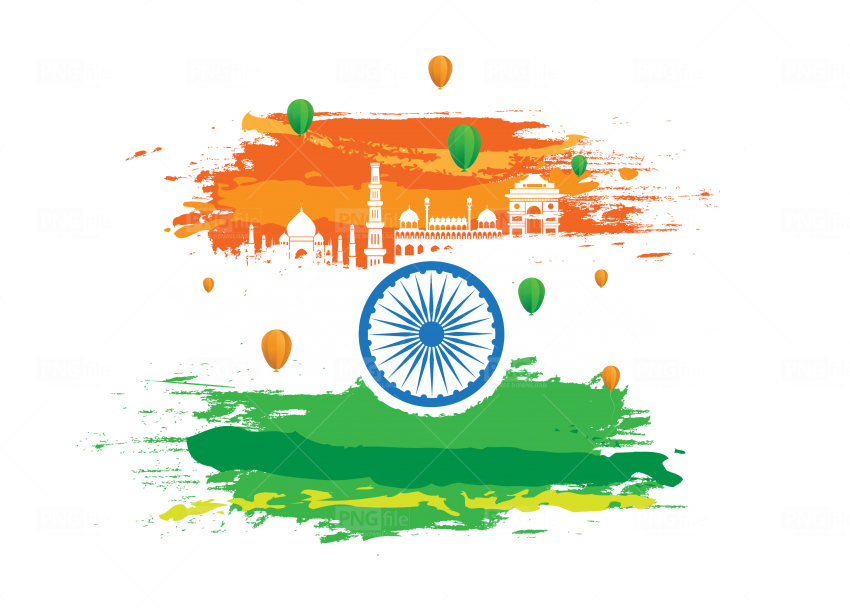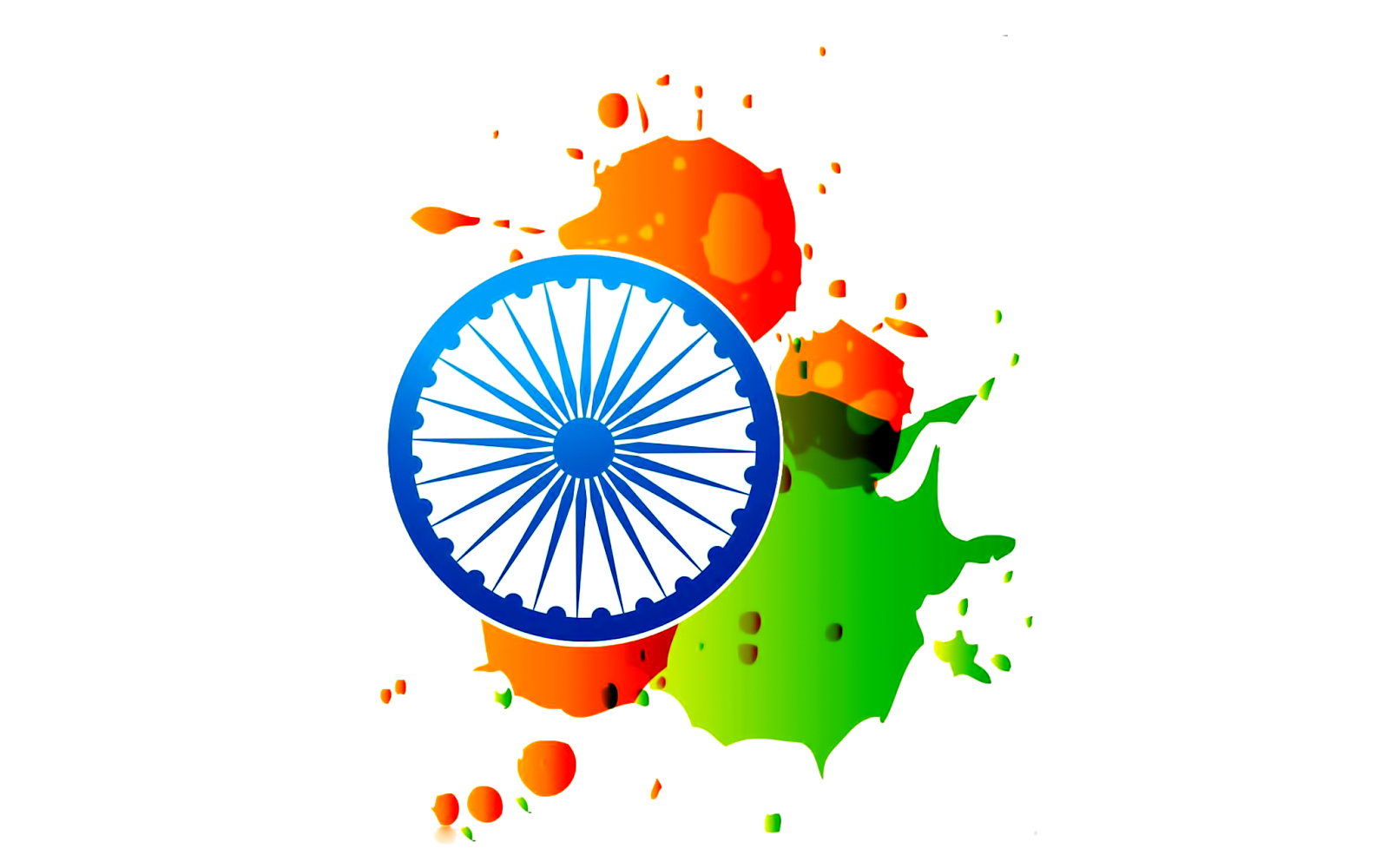Medical tourism is the tour taken by a patient to another country to receive medical care. Originally, this concept was taken as people from less-developed countries travel to the developed world for advanced treatment care and facilities. Now we can see the shift of this trend due to the relatively low-cost treatments, inexpensive flights, and internationally accredited hospitals available in less-developed countries. The term “tourism” is expressly incorporated into the medical tourism concept as travelers take advantage of their medical visits by vacationing and sightseeing.

Why do people travel to another country?
There might be multiple reasons why people travel abroad to gain health services. For Example:
Benefits of Medical Tourism
A whole list of countries offers promising treatment results to international patients. You are free to choose any country for your treatment.
The total cost of your medical tour might be a fraction of the treatment cost in your country. Choosing a less expensive country will help you save money.
The hospitals in your home country may lack advanced equipment. So, you can get your treatment done at a hospital with high-end facilities and technologies.
Medical tourists get their treatment done on a priority basis with almost zero waiting period.
Your country may lack highly qualified medical practitioners, so you are on the verge of choosing top medical professionals.
Traveling to a new country might positively affect your health and make you recover faster.
Medical Tourism in India
Medical tourism is a rapidly growing sector in India. Each year, millions of medical tourists participate in medical tourism to India from various countries like Iraq, Iran, Uzbekistan, Kazakhstan, Turkmenistan, Pakistan, Nepal, Sri Lanka, Thailand, Malaysia, Afghanistan, Bangladesh, Tajikistan, and other Western and African countries as well. India is continuously striving to match international standards and provide easy communication to all medical tourists seeking quality treatments at an affordable cost.
Need to know more about Why India is becoming a hub for medical tourists? Visit ‘Why India’

Risks associated with Medical Tourism
Although traveling abroad can be advantageous and gratifying, not all patients can endure the physical demands of travel. Patients with chronic illnesses need to be more vigilant in avoiding the risks associated with medical tourism. Some issues that can increase your risk of complications are discussed here.
- Air travel towards destination: Your success depends on your physical and psychological status. Immunocompromised patients are more susceptible to travel-acquired infections. All patients need to visit their Travel medicine provider to get guidance for travel at least 4-6 weeks before they leave
- Medical destination: Patients are advised to pick their destination wisely. Choosing a country with an underdeveloped healthcare system will lead to severe complications. Take the assistance of a medical tourism company to select a country offering high-end facilities for your medical procedures.
- Country-acquired infections: The moment you step into another country, you are at high risk of developing demographic infections. Patients should learn about all the health and safety concerns at their destination before travel. Carefully listen to the pieces of advice from your travel guide from medical tourism company.
- Hospital-acquired infections: Medical procedures must be performed in a clean, hygienic environment. Still, some medical procedures have associated risks of complications like nosocomial infections, donor-derived infections, blood-borne infections, and diseases such as HIV and hepatitis.
- Quality of care: Some countries are not maintaining standard protocols and requirements according to their accreditations and licensures. Using low-quality and counterfeit drugs may bring serious complications. Patients are advised to take the help of medical tourism companies to choose the best hospital for them in their chosen country.
- Antibiotic resistance: Medical tourists are more likely to get an antibiotic-resistant infection as the immunity of some patients is compromised to such an extent that highly-drug-resistant microorganisms can easily cause infections. Patients are advised to stop taking any immunosuppressant drugs at least one month before travel.
- Communication challenges: Receiving healthcare in a country with an unknown language may lead to potential misunderstandings. Consider using the services of Translators or interpreters provided by your medical tourism company.
- Air travel back home: Some patients rush back to their homeland after surgery. This would pose serious health concerns to such patients. Do not air travel till you get a fit-to-fly certificate from your doctor.
- Emergencies during the visit: Life is full of surprises, and anyone can face any kind of emergency during his visit. Be sure to have a helping hand right away for you in the moment of need, just like your trustworthy medical tourism company.
- Continuity of follow-up: Some patients do not take their care well enough to avoid complications after surgery. Patients are advised to seek continuous healthcare after returning home till becoming completely healthy.
Some Tips to Follow
Before
Your
Tour
- Visit your travel medicine expert at least four weeks before travel. Take general guidance for healthy air travel as well as for destination-specific vaccinations or medicines like yellow-fever vaccines etc.
- Get yourself fully vaccinated with the Covid-19 vaccine before traveling.
- Make sure to research your doctor’s qualifications and hospital certifications/accreditations. Selecting accredited hospitals and experienced doctors will help you avoid most risks associated with medical tourism.
- Obtain your travel health insurance, medical evacuation insurance, or trip cancellation insurance before planning a medical tour. Be sure that your insurance covers what you want it to cover.
- Be aware of the activities not permitted after the surgical procedures. Plan your vacation activities accordingly.
- Don’t forget to bring copies of your medical records, i.e., all medical reports, lab tests, previous surgery records, medication history, present allergies, etc.
- There may be the risk of counterfeit medicines being available in your destination country. Pack a medication box with enough prescription and OTC drugs to last your whole trip.
- Confirm your hotel stay after your surgical procedure. Make sure your medical tourism company arranges a comfy visit in the vicinity of your hospital.
Match your health travel packing list with our list of items.
Healthy Travel Packing List
We provide a general list of items that may not include every medical tourist’s needs. It would be best if you were prepared to prevent or treat any illness. Some items may not be available in your destination country, and some may have a high cost. Every patient may not be able to carry all these items. Some items may not be relevant to your travel plans. So, try to pick up the most important things and add them to your cart before traveling. Remember to pack some extra items in case of a delay in your stay.
First aid box items:
- Blood Glucose testing kit
- Insulin and Insulin Syringes if you are diabetic
- Inhalers if you have a respiratory disorder
- Adrenaline pens in case of a cardiac emergency
- Medical bracelets for identification
- Syringe/Suture kit: to use by any professional in case of emergency
- 1% Hydrocortisone cream for any burn
- Aloe gel for sunburns
- Molefoam for blisters
- Antiseptic wound cleanser if any injury occurs
- Anti-bacterial ointment in case of bacterial infection
- Anti-fungal ointment in case of fungal infection
- Anti-itch gel cream in case of insect bite
Prescription or OTC drugs
- NSAIDs for fever and pain
- Antibiotic for Traveler’s diarrhea
- Motion sickness medicine
- Cough suppressants
- Nasal decongestants
- Medicine to prevent malaria
- Antacids for stomach acidity
- Anti-diarrheal like Imodium or Pepto-Bismol
- Eye drops for optical issues
- Ear drops in case of aural complications
- Anti-histamines for allergy
- Anti-constipatives
- Sedatives or Sleep-aids in case of sleep disturbances
Personal items
- A spare pair of glasses
- An extra pair of contact lenses
- A pair of sunglasses
- A Hat for reducing sun exposure
- Hand sanitizers
- Insect repellants like permethrin
- Bed net
- Sunscreen
- Earphones
- Personal use items
Documents
- Copies of all of your prescriptions
- Medical Records (including all medical reports, lab tests, previous surgery records, medication history, present allergies, etc.)
- Health Insurance documents (card and claim forms)
- Your vaccination certificates or medical waiver
- Contact cards of the following
-
- Your family members
- Your attendant
- Your insurance company
- Your medical tourism company
-
Some Tips to Follow
During
Your
Tour
- Regular handwashing helps you to prevent getting and spreading diseases during your medical visit. Try using hand sanitizers if water and soap are not available.
- Avoid close contact with sick people in your destination country. Ask your medical tourism company to arrange private hospital rooms as well as private hotel rooms.
- Use safe vehicles for transportation to avoid injuries due to accidents or crashes. Always use travel services from your medical tourism company. Wearing a seat belt, avoiding drinking alcohol, and knowing local traffic rules are tips for a safe tour.
- Always choose safe foods and drinks to avoid travelers’ diarrhea and other GI disorders that disturb your visit. Try to eat fully cooked and freshly served food arranged by your medical tourism company. Eat fresh fruits and vegetables after proper washing and peeling. Drink only purified water and sealed beverages. Avoid using reconstituted juices or unpasteurized milk.
- Prevent bug bites by wearing full-length dresses and using bug repellents. Bugs like fleas, ticks, mosquitoes, etc., can spread diseases like malaria, dengue, zika, yellow fever, etc.
- Avoid petting during your visit. Some animals may look cute and harmless, but still, you are advised to keep a safe distance from the animals in your destination country.
- Be aware of the atmospheric temperature in your destination country. Protect yourself from extreme temperatures, whether too hot or too cold. Apply sunscreen and dress accordingly.
- Make sure to collaborate with a medical tourism company that remains available firsthand in case of any medical emergency or natural disaster during your visit.
- Consult with your treating doctor about taking medicines you got from your hometown. Don’t take any drug without the consent of your surgeon.
Some Tips to Follow
- Tell the name of the country you traveled
- Reason for your tour
- Duration of your visit
- History of your vaccination
- All of your travel activities
- Your stay details
- Your food details
- Medications you received
- Close contact with animals or sick people
- Do mention if you were bitten or scratched by an animal or a bug.

Meddycall: The Best Medical Tourism Company in India
Why is Meddycall the Best Medical Tourism Company in India?
We at ‘Meddycall’ understand that traveling to another country is risky for most patients. Our full-fledged focus is to make your trip comfortable and worth living. Meddycall stands out among the top 5 best medical tourism companies in India. Health is a priority that sits above all, and we pledge to promote global wellness.
Medical tourism proved to be challenging for some international patients. We are here to put up your fists throughout your journey and ease out every process for you. Little planning and preparation lead to a secure and enjoyable tour of India. We took full responsibility for treating you with the best doctors in India. Our consistency and compassion allow us to provide the best possible daily services during your medical tour. For more information about our services, please visit ‘Our Services’.
What is the future of Medical Tourism in India?
India has shown tremendous growth in medical tourism in the past few years. Before Covid, India reached a figure of 697,453 medical tourists in 2019. The pandemic has shifted this trend, but India will achieve its same potential by 2022.
Various medical tourism companies are operating in India for the well-being of international patients like Meddycall. These companies invest in multiple sectors for end-level satisfaction of patients from different regions.
India has raised the standard of its health sector in the previous years and has around 600 internationally accredited hospitals. Along with the hospitals, India has been developing its allied sectors to add advantage to healthcare services. Hence, India has a very bright future in the medical tourism industry. To know more about India, visit ‘Why India is emerging as a Best Medical Tourism Destination?’.



